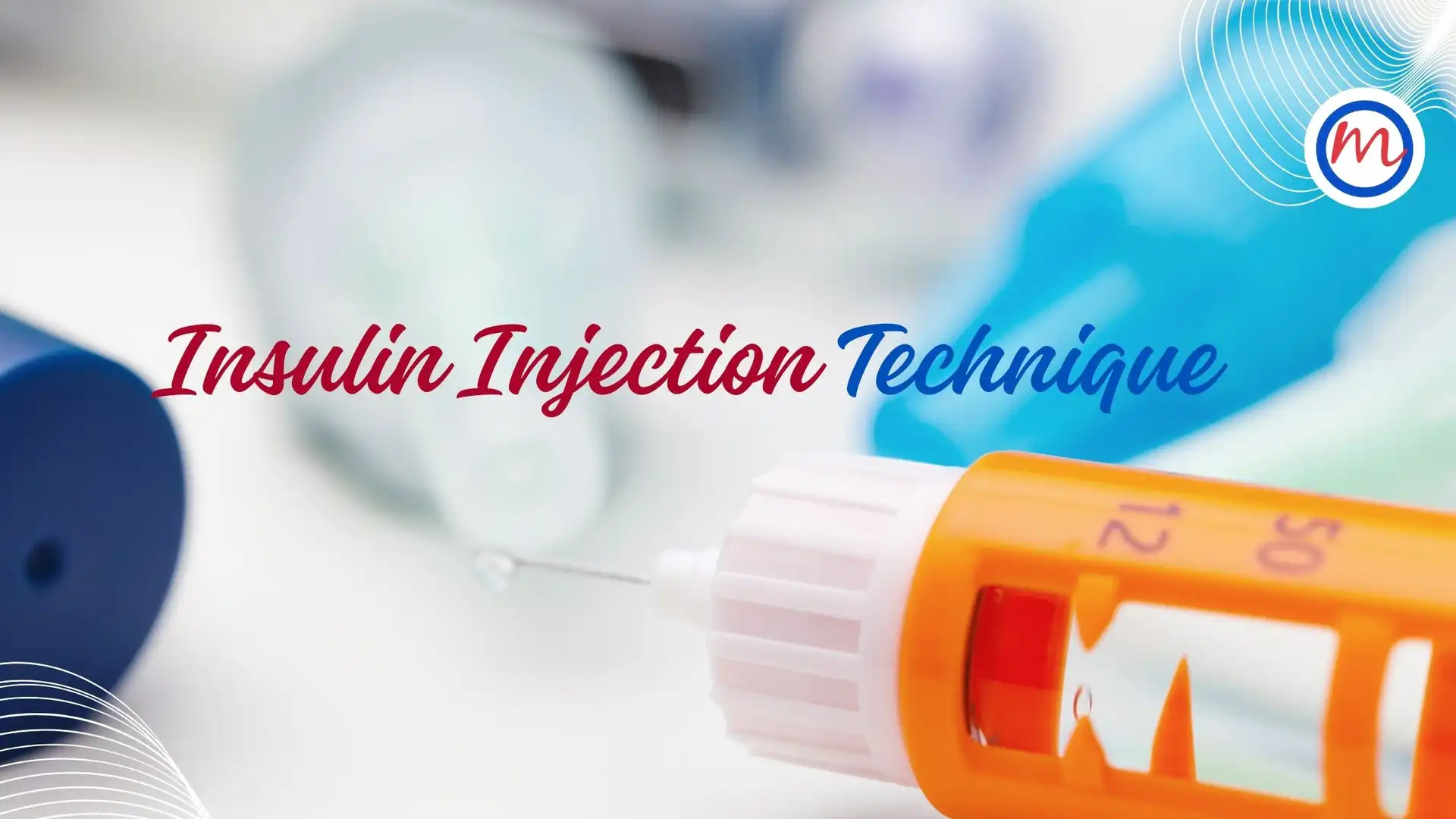I begin my series with the affirmation that every individual born into this world deserves to live a useful life and with dignity and respect, using all the intellectual and bodily resources they are naturally endowed with. Viewed with this perspective, your child should be given every opportunity by your family, community as well as the state to live a life of choice to the fullest extent possible.
During our first interactions with Dr. V. Mohan, he made us understand that Type 1 Diabetes (T1D) is a condition our daughter is going to live with, for the rest of her life. And that it should not be really viewed as a disease, but as a change in the body chemistry which needs intelligent management. So there is no reason she could not live a normal life.
Should Type 1 Diabetes be Classified as a Disability?
When a child is first diagnosed with T1D, the family does not really comprehend the significance of this ‘verdict’. Because, the initial days are spent in controlling the sugar through many insulin shots and finger pricks for their little child, which form a part of an everyday regimen. But that is just the tip of the iceberg. What challenges the child has to contend with, comes from outside the home, the school, the community and everywhere else, which I will be writing about in detail in this series.

Considering the state of affairs prevalent in our country, a T1D individual and the family will vouch for the fact that it is the society that disables people with challenges. I quote from an organization in the UK which, in 1975, said, “In our view it is society which disables physically impaired people. Disability is something imposed on top of our impairments by the way we are unnecessarily isolated and excluded from full participation in society.” This has come to be known as the ‘social model of disability’.
The ‘social model of disability’ states that we are more disabled by society’s views than by our physical limitations themselves. We come across many persons with T1D who have made remarkable contributions to the world. But they do it despite the constraints stemming from diabetes and the impediments put out by the society. Persons with T1D have to confront many challenges during their lifetime and hence should actually be categorized as disabled and be extended the same benefits as others with disabilities. Being categorized as disabled is not to be viewed as a stigma associated with weakness or inability, which the society has conditioned us to think with regard to members of our community who live with disabilities.
Some countries like the US and the UK specifically classify T1D as a disability. The Americans with Disabilities Act (ADA) makes sure that people with diabetes are able to have all the accommodations and rights they need to live their lives. Therefore it is possible for children with T1D to test blood sugar in class, have extra time on tests if they have a low blood sugar in the middle of it, or have reasonable accommodations at work such as a place to check blood sugar or take a few minutes to treat a low blood sugar. The ADA gives protection to employees and employers cannot ask about or discriminate against a T1D employee because of diabetes. In the UK, if you have either type 1 or type 2 diabetes, you will be eligible for certain benefits, depending on the extent to which your condition affects your life. In the UK everyone with diabetes is entitled to free eye checks from the age of 12, annual screening for diabetic retinopathy and free prescriptions for medication for diabetes. There are additional benefits available to those with diabetes related to disability and long-term health, in case you need help or if you’re unable to work. Parents can also claim on behalf of children with diabetes. Various other allowances and benefits are given to citizens with disabilities.
According to the IDF Diabetes Atlas Ninth edition 2019 released ty the International Diabetes Federation (IDF) in 2019, in India more than 1.1 million children and adolescents are living with type 1 diabetes. Also T1D is on the increase like type 2 diabetes at the rate of 3 – 5 % increase in a year in India. Thus India has three new cases of T1DM/100,000 children of 0-14 years. According to the IDF (2016), India is listed among the top 10 countries for number of people under 20 years old with Type 1 diabetes.
I tried to understand released by the Indian government, but could not come across any specific mention of T1D or Type 2 diabetes as a disability. In the Schedule of Specified disability I do not see any mention whatsoever of conditions remotely connected with difficulties arising out of T1D.Duty of educational institutions ,Chapter III (Sec 16) mentions that all educational institutions funded or recognized by the government should provide reasonable accommodation according to the individual’s requirements, provide necessary support individualized or otherwise in environments that maximize academic and social development consistent with the goal of full inclusion, monitor participation, progress in terms of attainment levels and completion of education in respect of every student with disability. And we are not sure if T1D comes under this or not!
I conclude this article with a plea to the T1D community and their families in India. With over 11 lakh T1D children in our country and the count increasing, it is about time we came together to form an association and impress upon the government to bring about a change in the #Disabilities Act to include T1D as a #disability such that they are extended certain concessions and benefits that can offset the disadvantage they face due to their unseen disability. Similarly, under this category we can include those with autoimmune conditions and other unseen disabilities such as rheumatoid arthritis, lupus etc. And this can begin with a collaboration with centres like Dr. Mohan’s Diabetes Specialities Centre and others in your vicinity.
More than anything else, the government should make availability of insulin, glucose monitoring devices and consumables free for those with T1D and also come out with affordable insurance schemes for persons with disabilities so that all their necessities for their day to day trouble-free existence become available. In advanced countries, children are free from several injections and finger pricks everyday due to free availability of sensors for continuous monitoring of glucose levels and insulin pumps or pods that are strapped to the body and the children are able to function as near normal individuals except for specific management regimens. Thus they are able to monitor their sugar levels and deliver insulin through the pump (pod) by just using their mobile phones! It is time India decided to free our little children from painful and high-stress existence and offer them an ambience that can see us raise them as effectively contributing and productive citizens.
About the author:
Swati Amar is a journalist, author, media entrepreneur and consultant and an advocate of social issues. Holder of a Master’s degree in Psychology from Delhi University, she worked in State Bank of India as an officer and resigned after five years. After a brief stint abroad, she returned to India and took up professional writing as a full-time occupation in 1995 following a brain tumor surgery. She has written over 15,000 articles in English and Tamil. She is a Member of the Chennai Press Club.
References
- https://www.mentalhealth.org.uk/learning-disabilities/a-to-z/s/social-model-disability
- Information and technical assistance on the Americans with Disabilities Act
- https://www.gov.uk/rights-disabled-person
- IDF Diabetes Atlas 9th Edition 2019
- The Rights of Persons with Disabilities Act, 2016
- India Code Digital Repository of All Central and State Acts






